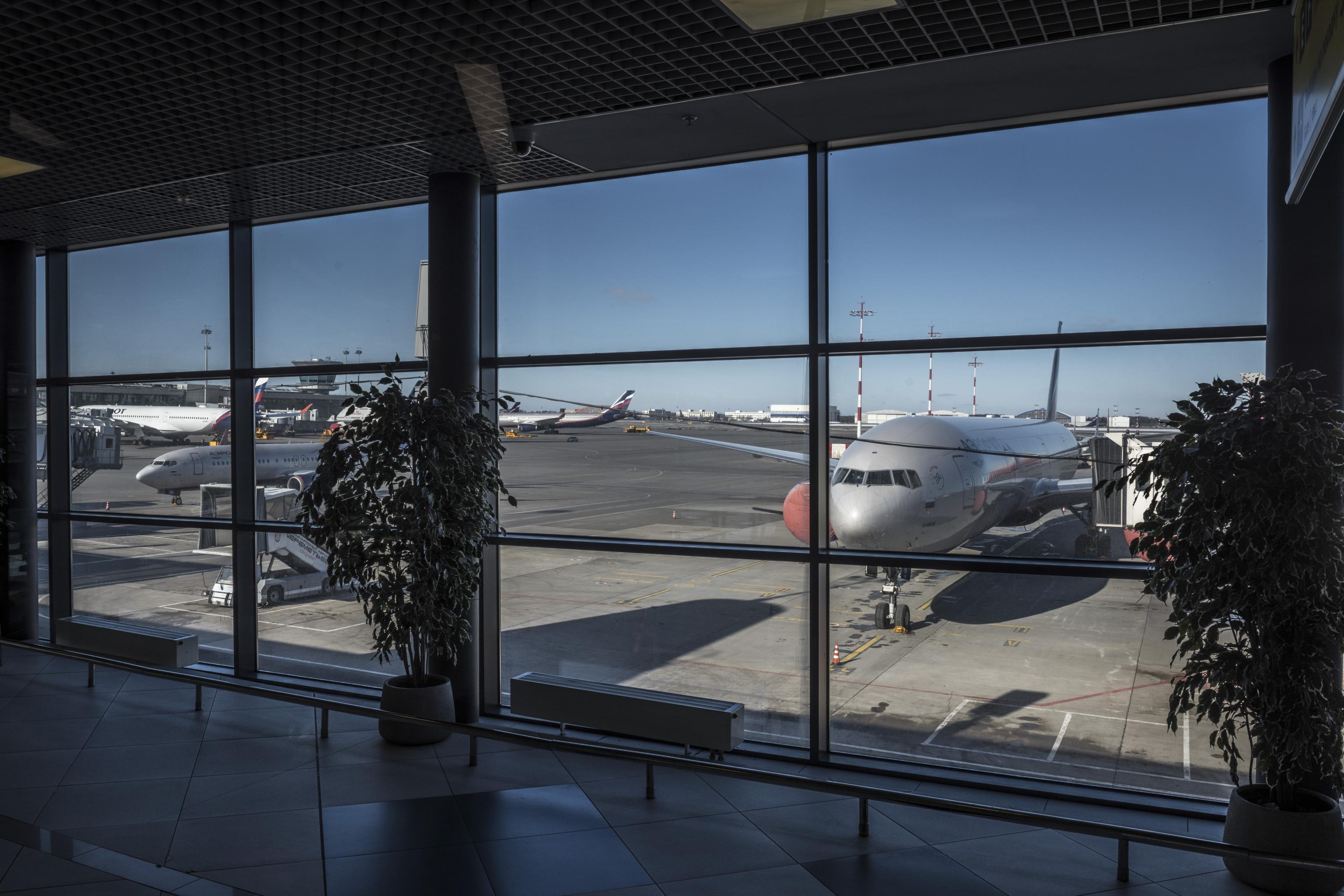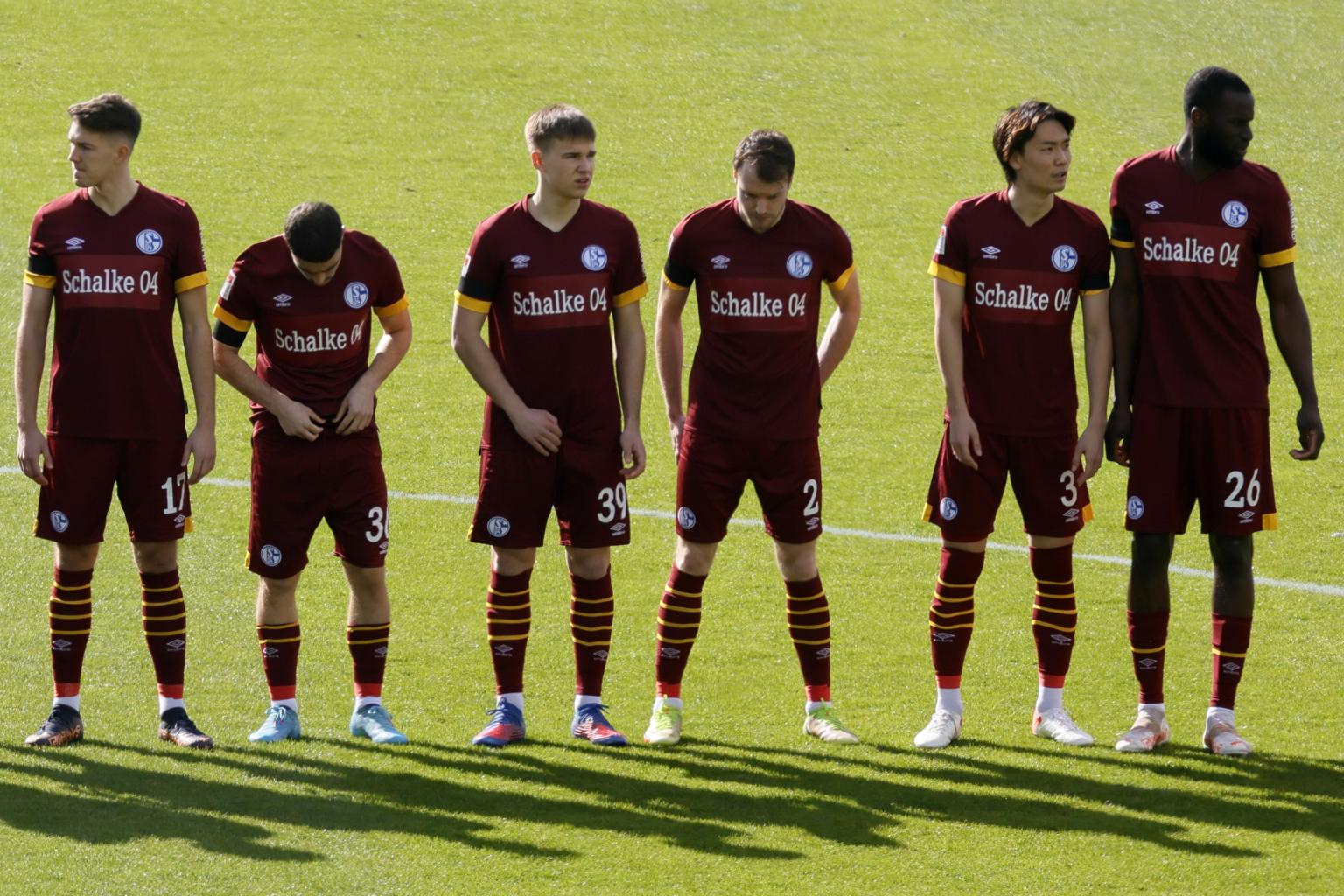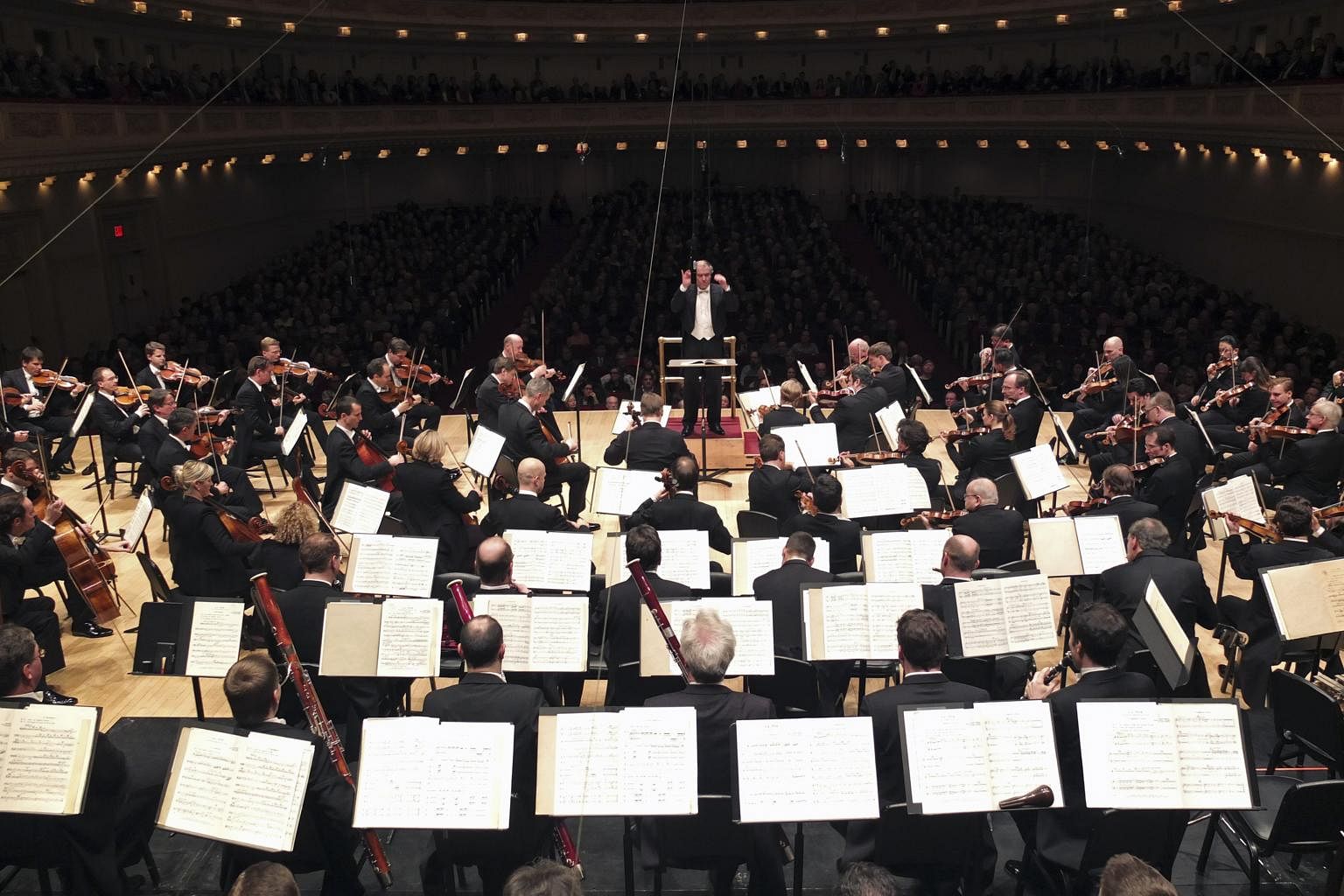Invasion brings Russia global repudiation with Cold War echoes
Sign up now: Get ST's newsletters delivered to your inbox

Aeroflot airplanes at Sheremetyevo International Airport in Moscow on Feb 28, 2022.
PHOTO: NYTIMES
LONDON (NYTIMES) - In Switzerland, the Lucerne music festival cancelled two symphony concerts featuring a Russian maestro. In Australia, the national swim team said it would boycott a world championship meet in Russia. At the Magic Mountain Ski Area in Vermont, a bartender poured bottles of Stolichnaya vodka down the drain.
From culture to commerce, sports to travel, the world is shunning Russia in myriad ways to protest President Vladimir Putin's invasion of Ukraine.
Not since the frigid days of the Cold War have so many doors closed on Russia and its people - a worldwide repudiation driven as much by the impulse to show solidarity with besieged Ukrainians as by any hope that it will force Mr Putin to pull back his troops.
The boycotts and cancellations are piling up in parallel with the sanctions imposed by the United States, Europe and other powers.
Although these grassroots gestures inflict less harm on Russia's economy than sweeping restrictions on Russian banks or the mothballing of a natural gas pipeline, they carry a potent symbolic punch, leaving millions of ordinary Russians isolated in an interconnected world.
Among the most visible targets of this opprobrium are cultural icons such as Valery Gergiev, a conductor and a longtime backer of Mr Putin's. He has been dropped by Lucerne and Carnegie Hall, and faces imminent dismissal by the Munich Philharmonic, where he is chief conductor, unless he disavows the invasion of Ukraine.
Russia has been banned from this year's Eurovision Song Contest, which it last won in 2008, with Dima Bilan performing his power ballad, "Believe".
Russia's Formula 1 Grand Prix, scheduled for September in Sochi, has been scrapped. Saint Petersburg has lost the Champions League soccer final, which was relocated to Paris.
Russia's World Cup hopes were dashed on Monday after a dozen countries joined Poland in refusing to play its national soccer team in qualifying rounds.
Under intense pressure, soccer's two main governing bodies, Fifa and Uefa, ruled that Russia was ineligible to play in their tournaments. In Germany, the soccer club Schalke severed a sponsorship deal with the Russian oil giant Gazprom. The National Hockey League also suspended its business dealings in Russia.
The last time Russia's leaders provoked such a global backlash was in 1980 when the US, West Germany, Japan and Canada boycotted the Olympic Games in Moscow to protest the Soviet Union's invasion of Afghanistan. The Soviets retaliated by skipping the 1984 Games in Los Angeles.
That was during the depths of the Cold War, when Hollywood released jingoistic films such as "Red Dawn", about a fictional Soviet invasion of Colorado, and more than 100 million Americans tuned into "The Day After", a television movie about a calamitous nuclear exchange between the US and the Soviet Union.

The Olympics boycott had a major impact on popular sentiment, according to Russia experts, because the then-Soviet leader Leonid Brezhnev had presented them as a simulacrum of Soviet power and influence, much as Mr Putin has framed the invasion of Ukraine in terms of reclaiming Russian greatness.
"The Soviet government had to explain why the United States and other countries weren't there," said Mr Michael McFaul, a former American ambassador to Russia. "It began to affect the way that Soviet citizens saw themselves in the world."
Although Russian villains remained a Hollywood staple, the country's black-hat image faded after the collapse of the Communist regime. Younger Russians grew up in a relatively open, if rough-and-tumble, society. Those with money had access to a foreign education and European holidays, where the hosts catered to free-spending Russians.
In Jerusalem, Russian-speaking Israelis flocked to the popular Putin Pub, where the name seemed a lark - nor more problematic than the bar's late-night Russian karaoke. Last Thursday (Feb 24), the Russian-born owners stripped the golden "P-U-T-I-N" letters from its facade and announced that they were looking for a new name.
"It was our initiative," said one of the three owners, Yulia Kaplan, who moved to Israel from St Petersburg in 1991. "Because we are against war."

Israel, in its own way, serves as an example of the limits of these kinds of boycotts. For years, critics of its occupation of the West Bank have tried to pressure the government through the Boycott, Divestment, Sanctions movement. Although it has had successes, it has antagonised people on both sides of the Israeli-Palestinian divide and failed to pressure successive Israeli leaders to change policy toward the Palestinians.
"Such boycotts won't change Putin's mind, for sure," said Mr Martin Indyk, a former American ambassador to Israel. "But it will boost the morale of the Ukrainians to know that people around the world are on their side. And it will put the oligarchs on the spot in a way that I suspect financial sanctions will not."
Some cultural institutions have tailored their actions against people who are known for their close ties to Mr Putin. The Metropolitan Opera, for example, said it would no longer work "with artists or institutions that support Putin or are supported by him", Mr Peter Gelb, the Met's general manager, said in a video statement.
For many, the idea of supporting Russia is simply intolerable. Pennsylvania, Utah, Ohio, New Hampshire and other states, as well as Canada, have pulled Russian-branded vodka off the shelves of liquor stores.
In some cases, the gesture is misplaced: Stolichnaya, though historically a Russian brand, is manufactured in Riga, Latvia. In Brazil, a Sao Paulo bar has renamed its Moscow Mule - a drink that was concocted in the US and is made with vodka, ginger beer and lime - as a UN Mule.
"We're not too happy with what Moscow has done, with what Russia has done," said bar co-owner Mauricio Meirelles, a well-known comedian and television host in Brazil. "And then we thought about changing the name," he added. "The UN Mule: the drink that isn't attacking anyone."


